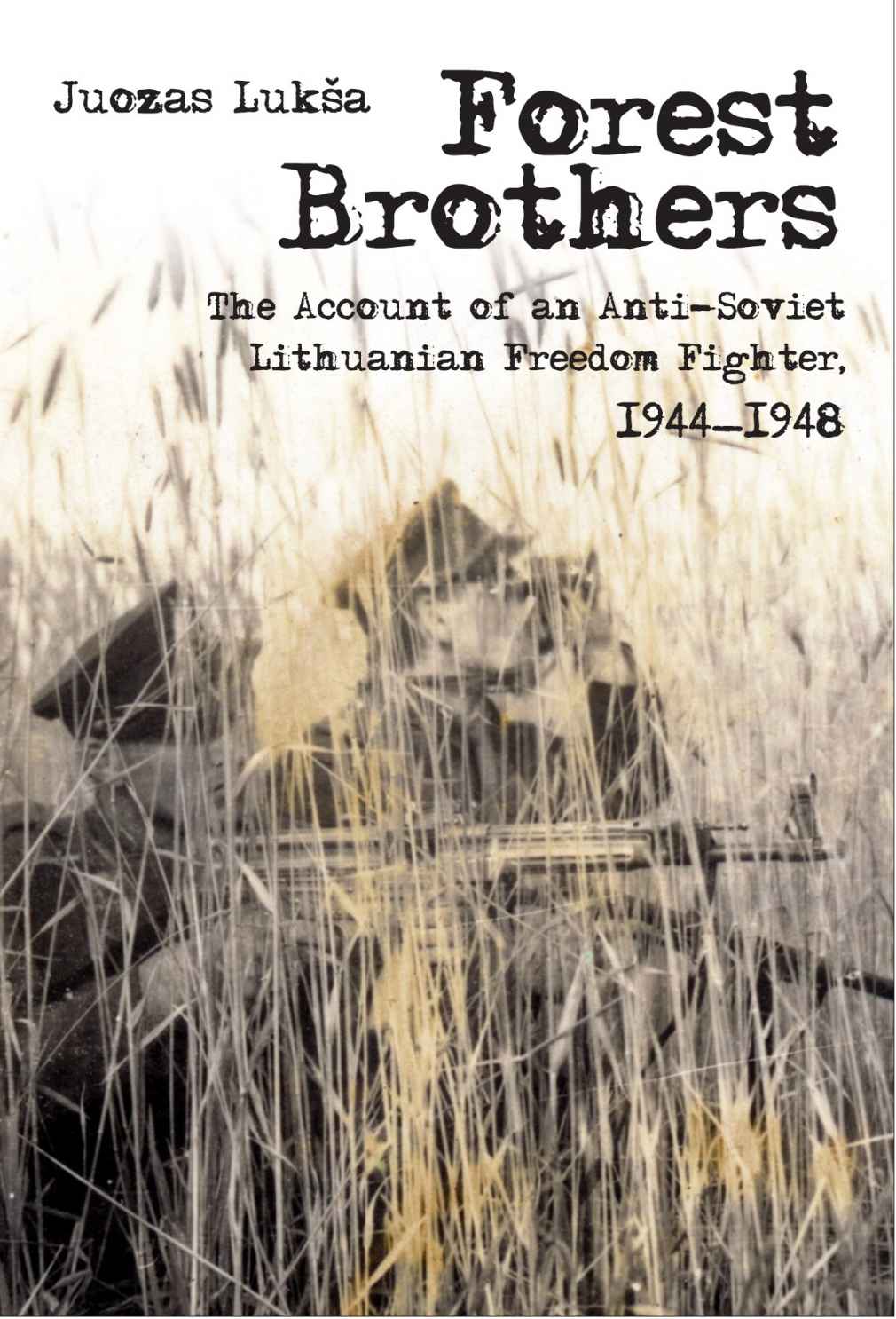

Most ebook files are in PDF format, so you can easily read them using various software such as Foxit Reader or directly on the Google Chrome browser.
Some ebook files are released by publishers in other formats such as .awz, .mobi, .epub, .fb2, etc. You may need to install specific software to read these formats on mobile/PC, such as Calibre.
Please read the tutorial at this link: https://ebookbell.com/faq
We offer FREE conversion to the popular formats you request; however, this may take some time. Therefore, right after payment, please email us, and we will try to provide the service as quickly as possible.
For some exceptional file formats or broken links (if any), please refrain from opening any disputes. Instead, email us first, and we will try to assist within a maximum of 6 hours.
EbookBell Team

0.0
0 reviewsLithuanian farmers, school teachers, university professors, university and high school students, and a small number of remaining non-commissioned officers and lower ranking officers from independent Lithuania's military, organized themselves into a partisan movement that at its peak was roughly 30,000 strong. Many of these same men and women had opposed the Nazis during World War II. Most of these partisan fighters had little or no formal military experience or training.
For half a century the Soviet Union kept this war a secret. Its participants were hunted down, tortured, and exiled to prison camps in Siberia. Its survivors learned to keep quiet. Of the three Baltic States, Lithuania fought the hardest and the longest. Nonetheless, they were forgotten by the outside world. As the vastly outnumbered and undersupplied Lithuanians continued to resist their Soviet occupiers for nearly a decade after World War II had ended, America and Western Europe moved on to reconstruct a peaceful and prosperous post-war Europe.
In February 1945, at the Yalta Conference American President Franklin D. Roosevelt "let it slip that the United States would not protest if the Soviet Union attempted to annex the three Baltic States."{1} After Yalta, the three Baltic States and much of Central Europe was left in Stalin's control.